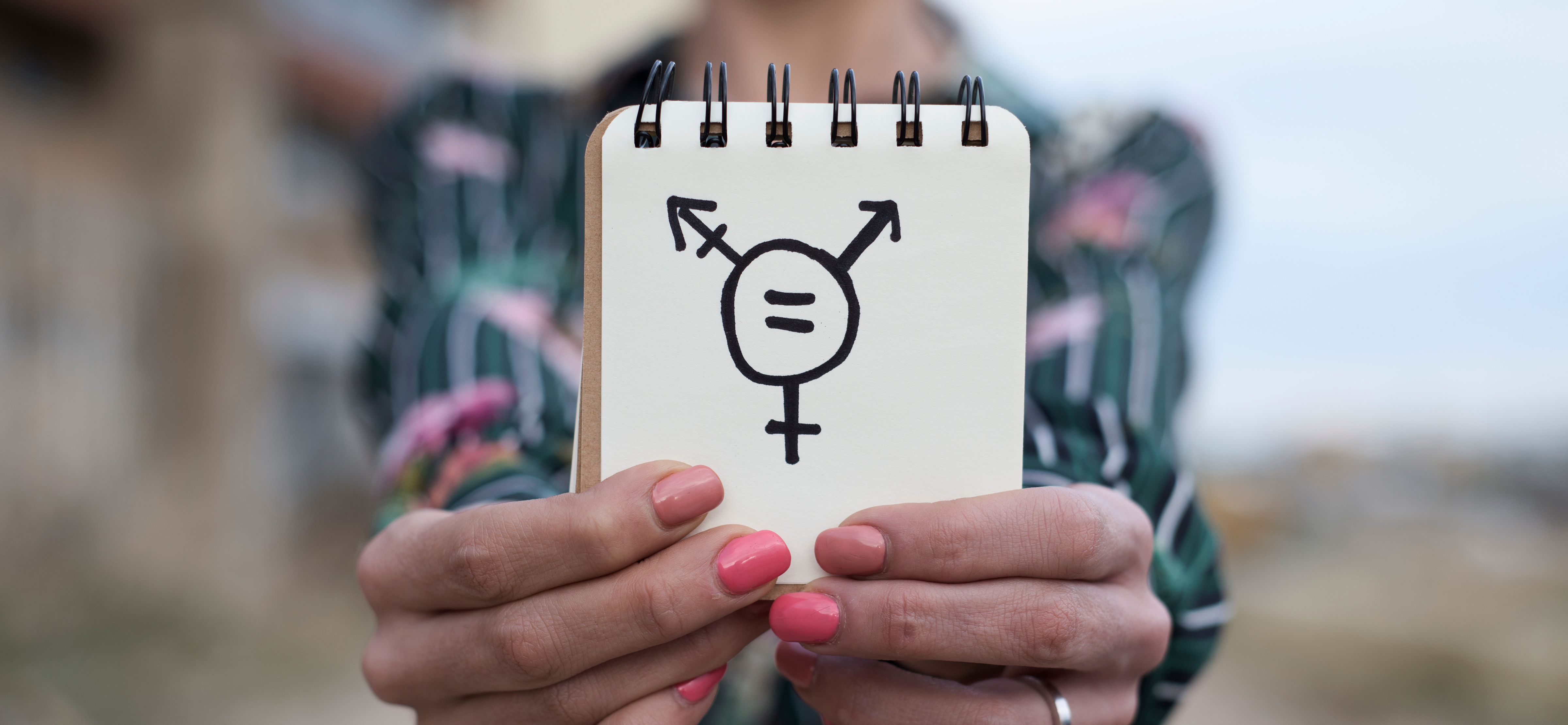University of Miami Sexual Misconduct Policy: The University has developed policies and procedures to ensure the safety and well-being of all members of the University community in compliance with applicable laws.
University of Miami Title IX Office: This office works to prevent, stop, and address all forms of sexual misconduct across all university campuses and for all university community members.
It's On Us - The University of Miami Chapter: “It’s On Us” is a national campaign to end sexual misconduct on college campuses. Learn more about the steps the University of Miami is taking to prevent, stop, and address sexual misconduct on our campus.
Sexual Assault Resource Team (SART): A telephone resource line for University of Miami students administered by the Counseling Center. If you have been sexually battered, assaulted, or molested, recently or in the past, you may talk anonymously, to a trained volunteer about it.
University of Miami Police - Sexual Assault Information: The safety and welfare of students, faculty, and staff is fundamental to the university’s mission. The University Of Miami Police Department both educates the community and addresses individual’s behavior on sexual assault.
Helping Survivors: This organization's mission is to assist anyone who has been victimized by sexual assault or abuse. Their website is a compilation of information around different instances of sexual violence, such as Sexual Assault in a Rideshare.
Financial Abuse: A guide about what financial abuse is, the warning signs, ways to tell if someone is being financially abused, and helpful resources.
Financial Literature for Women: A guide on financial literacy for women as women are three times as likely as men to say they can’t afford to save for retirement and have significantly lower rates of financial literacy. Women also make up the majority of caregivers, and are three times more likely than men to quit their jobs to care for a family member.





